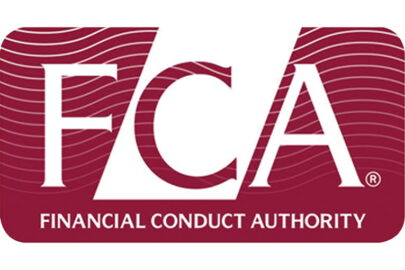The Financial Conduct Authority (FCA) has signalled that it wants a public debate over the current UK equity release market.
Speaking at a London event this morning, Christopher Woolard, director of strategy and competition at the regulator, said it was a challenge for society to deal with an older population that is increasingly asset-rich, but cash-poor.
When looking at possible solutions, he admitted that in the past equity release became a dirty word.
“Whilst we have seen a combination of regulation and industry-led initiatives to help clean up the market, some will argue that the costs of equity release, both up front and compounded over time, are relatively high for the individual, and that the previous image has stuck,” he said.
“Others can point to potential benefits here, especially for those who want to remain in homes they’ve worked and paid for over their lifetime.
“Either way, it’s clear that the UK and EU equity release markets are relative minnows. Indeed, by EU calculations, only 13 member states have a market. Accounting for just 0.1pc of total EU mortgage lending. Significantly smaller in scale than the US.
“Now, this does invite the question as to whether the reputation of the market has reduced the number of firms and consumers willing to engage in it. That this is a concern for a financial sector already beleaguered by poor headlines is understandable.
“However it does make assessment of market functionality more difficult. From a regulator’s perspective – are there barriers to competition or even missing markets?
“We believe there is a debate to be had about what products and markets could exist and whether more entrants and innovation here might benefit consumers with greater choice and improved products.
“Certainly, you cannot avoid the need to engage on what is a fundamental question: what impact will the ageing population have on the UK’s mortgage markets as we move forward?
“That’s why we want to use today as a first step in a conversation with industry and consumer bodies about what options could exist in the future. And that is a conversation we want to continue over the autumn.”
